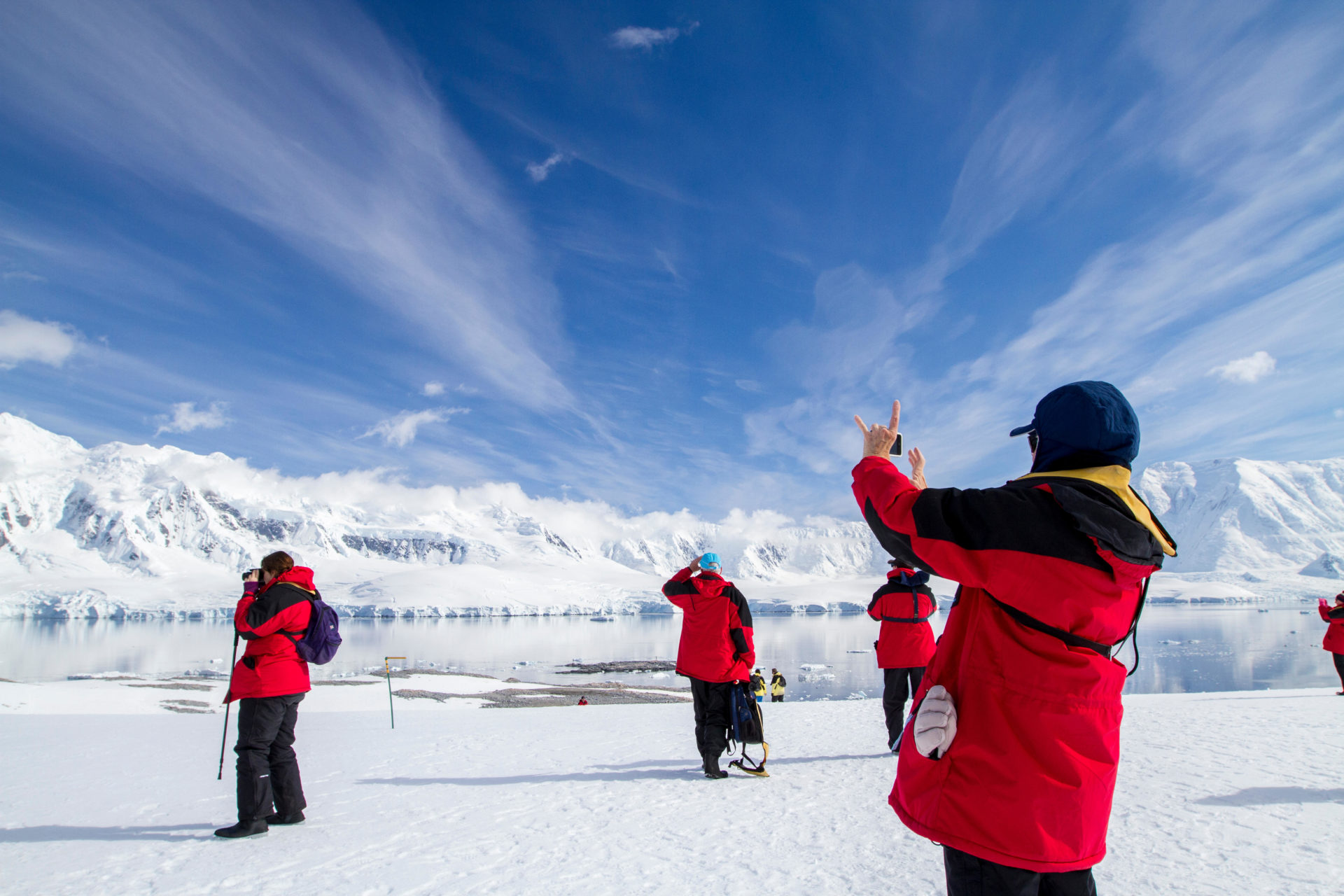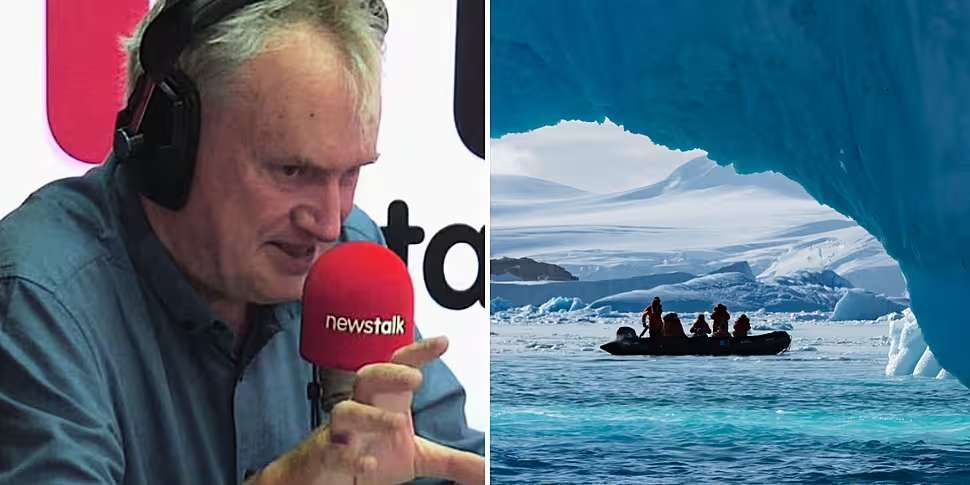Melting ice caps in Antarctica will be a "huge disaster" for the planet, Professor Luke O'Neill has warned.
Scientists at a climate conference in Hobart, Australia have said it is vital that societies reduce their greenhouse emissions in order to limit the severity of climate change.
At the Australian Antarctic Research Conference, researchers outlined how global sea levels have risen by about 10 centimetres over the past 30 years.
On The Pat Kenny Show, Luke O'Neill said if the Antarctic ice sheet continues to melt at its current rate, sea levels could rise by a meter by the end of the century.
"A meter rise in sea levels can have devastating consequences," Prof O'Neill said.
He said this is particularly concerning for coastal cities, which could see heavy flooding.
 Cruise ship Antarctica expedition with tourists view Antarctic landscape, Antarctic Peninsula, Alamy.
Cruise ship Antarctica expedition with tourists view Antarctic landscape, Antarctic Peninsula, Alamy.Prof O'Neill said it is likely the melting Antarctic ice sheet will reach a "tipping point" unless societies take urgent action.
"If we don’t stop these emissions and control the greenhouse gas problem, a tipping point could be reached," he said.
"If it keeps melting, that's a huge disaster and you can't come back - you can't re-freeze it all.
"If all of Antarctica melts, sea levels will rise by 50m and can you imagine what that would do to the planet?"
The melting ice sheet could directly impact the Gulf Stream, which would affect Ireland's climate.
"This is fresh water that's melting and that increase of fresh water in the oceans will change the saltiness," Prof O'Neill said.
"That in turn might affect some of these currents - especially the one that we’re most concerned about - the Gulf Stream.
"If that stops flowing that means a mini ice-age in the northern hemisphere."
The Great Barrier Reef
Another major talking point at the Australian Antarctic Research Conference is the health of the Great Barrier Reef.
"A third of it has died off recently," Prof O'Neill said.
"The water is a bit too hot and you get this bleaching effect.
"When it dies off, the new coral that grows is more vulnerable than the previous one and again you get to a tipping point where gradually the coral that replaces the old coral is much more susceptible to death and then the whole thing escalates."
The Australian Antarctic Research Conference released a joint statement calling for urgent climate action.
They warned the impacts of climate change will be "immense".
Featured image shows Luke O'Neill in the Newstalk studio and a Zodiac cruise amongst the ice at Cierva Cove on the Antarctica Peninsula, Alamy.









